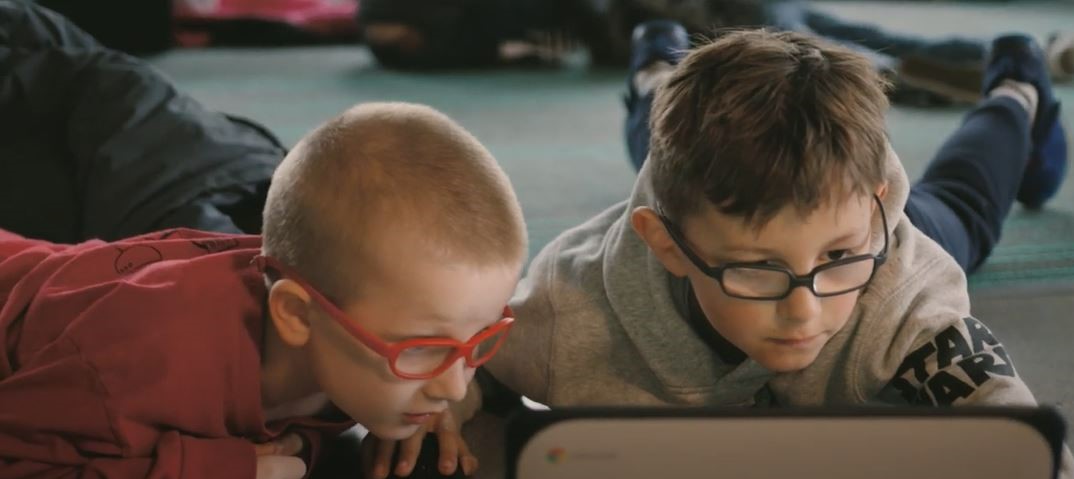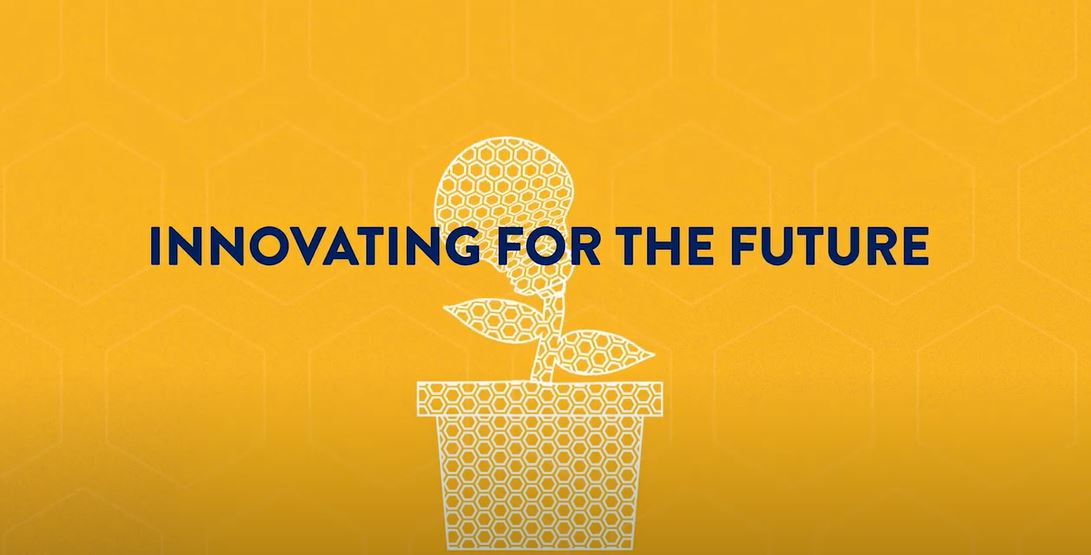RISE Charter Offers an Innovative Education Option for Families in Idaho Article
RISE Charter Offers an Innovative Education Option for Families in Idaho
Outside of Twin Falls, Idaho, lies the quiet, rural town of Kimberly. At first glance, its pastoral beauty is that of a place from the past. Yet, when it comes to education, Kimberly school leaders are looking toward the future. Through innovation and collaboration, they are offering their community’s students not just a choice in education, but a chance to experience a better way to learn.
RISE Charter School is providing the students of Kimberly a mastery-based alternative to traditional education. RISE is part of a plan to meet the needs of all local kids, and offer families a school of choice in partnership with the district. At RISE, students are taught that mistakes and failure are not an end, but simply a part of the learning process. This teaching philosophy fosters resilience, flexibility, and self-confidence in students.
“RISE Charter School is a school that was created from a group of people in the Kimberly community, who wanted to offer something different and unique for our students.”
Heidi Child, Executive Director of RISE Charter School
With the help of an Idaho New School Fellowship offered by Bluum, the Kimberly School District and leader Heidi Child were able to launch this ground-breaking charter school. Luke Schroeder, Superintendent for the Kimberly School District, said “We feel that [RISE] is innovative because oftentimes charter schools are in competition with the local school district, and we feel we have a model which is in collaboration with the school district.”

Beyond the collaborative origins of RISE, the charter school is also unique in its hands-on and mastery-based models of learning. RISE adopted the Summit Learning curriculum, which was designed over the course of 15 years with input from nationally recognized experts in the field of learning. The curriculum is based on what research and science have shown to help students learn best. According to Heidi Child, the Director of RISE, “Students are learning to go find information, learning to summarize the information, disseminate it, and then apply it to a project.”
RISE is innovative because, oftentimes, charter schools are in competition with the local school district and we feel we have a model which is in collaboration with the school district.
Luke Schroeder, Superintendent for the Kimberly School District
RISE is equally focused on developing their student’s skills as human beings. The culture at the school is carefully crafted to encourage positive behaviors, relationships, and communication with both peers and teachers. These skills help prepare their students for the future. RISE Charter’s counselor, Chelle Hilverda, explains the importance of preparing students for the jobs of tomorrow by changing how they are being taught today. “Schools haven’t changed anything in years…and we’ve got jobs that didn’t exist 10 to 20 years ago. We’re sending kids who are educated in the exact same way into these jobs and they’re not ready for it.”

Through this incredible partnership, Kimberly families now have access to multiple models of school and the choice to decide which is best for their students. Students have the opportunity to learn skills that will benefit them in whatever they choose to do as an adult, rather than simply a rubber-stamped education.
Recent Stories
Read In the Classroom and Beyond: How Sage International School Nurtures Global Citizens
In the Classroom and Beyond: How Sage International School Nurtures Global Citizens
From humble beginnings holding classes with a handful of students in a local park, to serving over 1,000 students on their campus on Parkcenter Blvd in the heart of Boise, Sage International School has crafted a rare learning opportunity in Idaho, one that is replicated in only a handful of other schools in the world.
Read The Alturas Advantage: Structure, Collaboration, and Leadership in Action
The Alturas Advantage: Structure, Collaboration, and Leadership in Action
At Alturas International Academies in Idaho Falls, Idaho, the sights and sounds of learning are everywhere - from how the students collaborate with each other to solve real-world problems, how peer groups mentor each other in learning, and even how their classrooms are meticulously organized. As Michelle Ball, Alturas founder and Executive Director puts it, “Great schools are built on systems, with kindness and discipline as key attributes.”
Read Building Community and Transforming Lives for Idaho’s Military Families
Building Community and Transforming Lives for Idaho’s Military Families
One of Idaho’s greatest strengths lies in its veteran community and their families. But before Mission43 was launched in 2016, there wasn’t a dedicated place to support and challenge this group as they transitioned from their military careers to civilian life.
Read Leaders and Educators Transforming Idaho’s Future
Leaders and Educators Transforming Idaho’s Future
Recognizing that exceptional schools are built on the foundation of remarkable leaders, Bluum works to cultivate and support visionary school leaders who wish to transform the way we approach learning in Idaho
